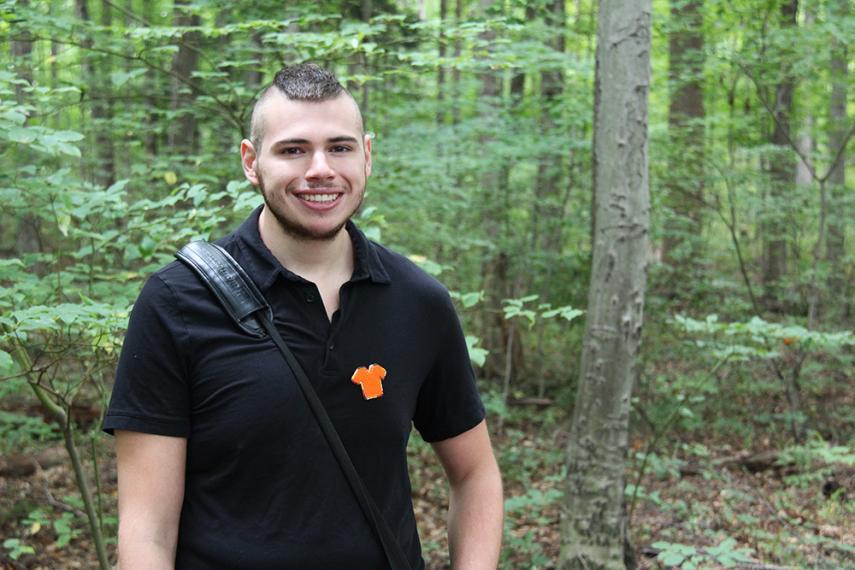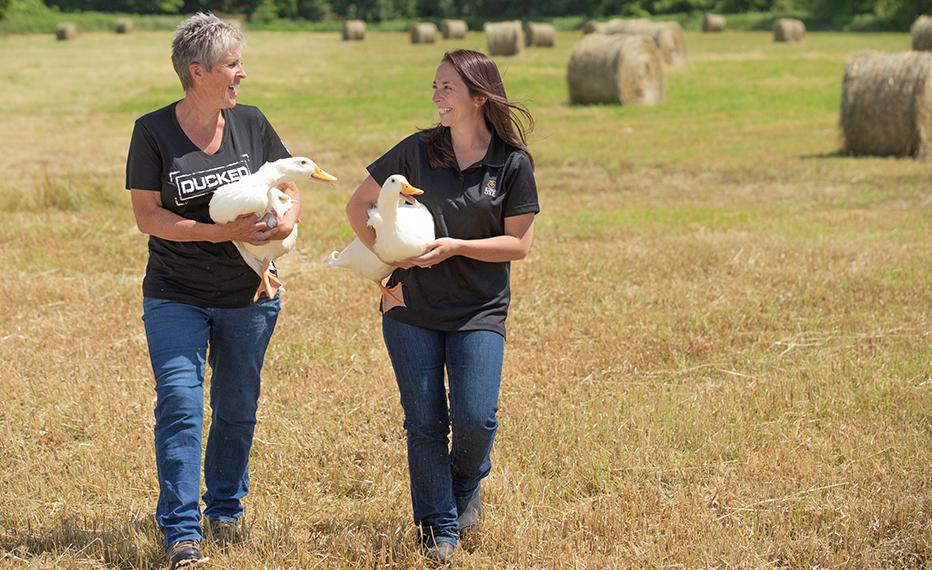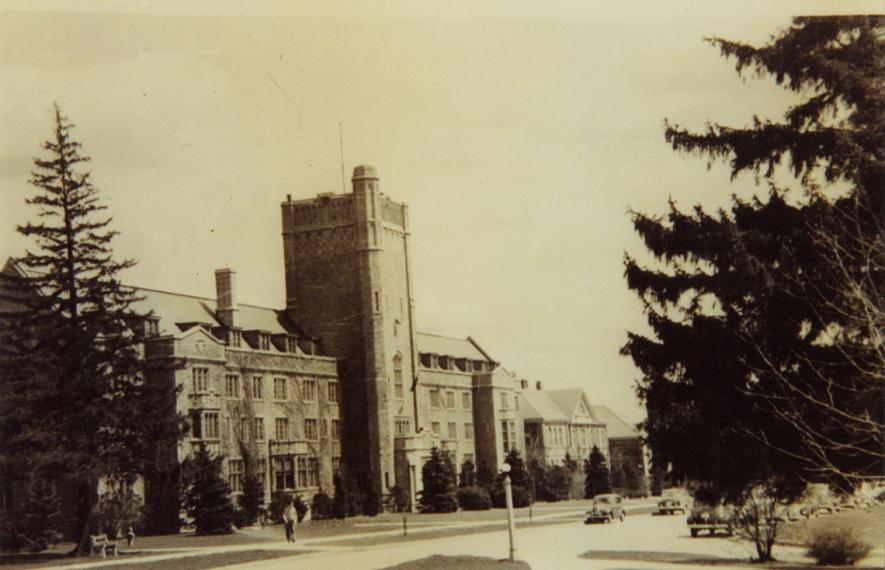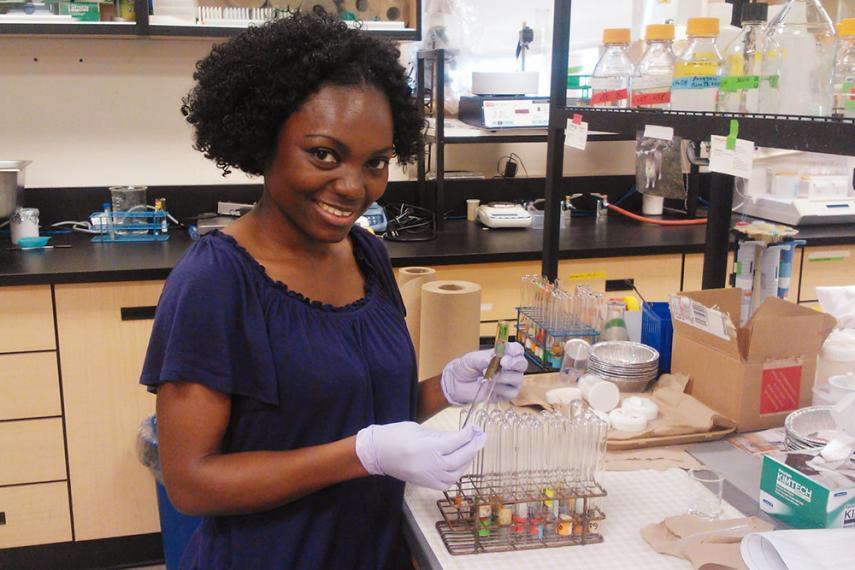
Connecting through Indigenous knowledge
Acquiring knowledge is a lifelong process. Some may find that daunting, but others find it empowering. Brad Howie, an Anishinaabe master of environmental sciences student, falls into the latter category. He is a student at his core and his approach to learning is inspired by the Indigenous value of interconnectedness.
Brad believes the approach to sharing knowledge should be connected as well. Through research and interpretive signs, he has brought Anishinaabe teachings to the University of Guelph’s Arboretum.







